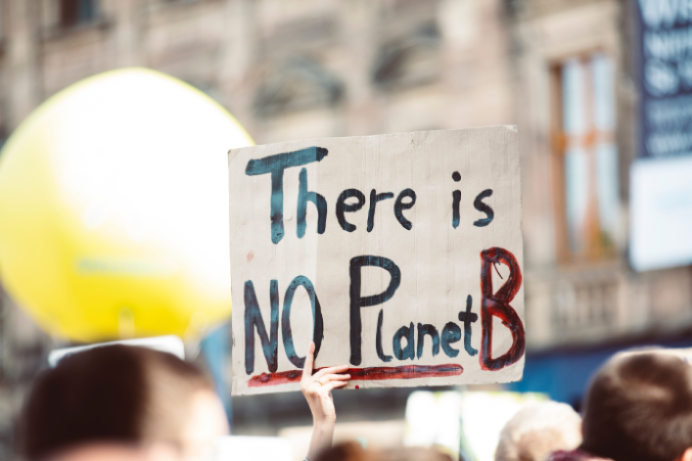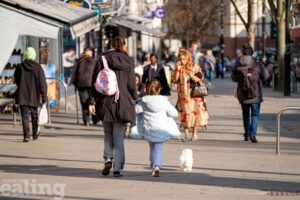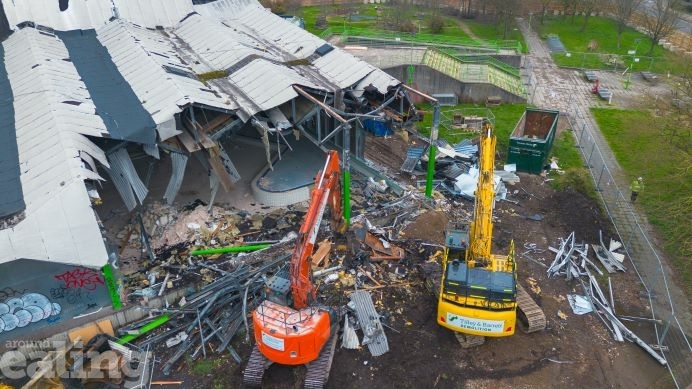Ealing Council has progressed its efforts to meet the climate emergency by taking further steps to become more environmentally-friendly.
In April 2019, a meeting of Full Council declared a climate emergency and pledged to make the borough carbon neutral by 2030, and yesterday (Tuesday, 19 May) the engagement plan and timeline for its adoption were presented to the cabinet.
In 2018 the UN reported that we had just 12 years to act on climate change and, in a bid to make the borough ‘carbon zero’ by 2030, the council set up five working groups to gather evidence in five areas, which are:
• Energy
• Transport
• Food
• Green infrastructure
• Waste
Councillor Mik Sabiers, the council’s cabinet member for environment and highways, said: “I am very proud to have presented our extensive plans on becoming carbon neutral by 2030.
“The plans tackle carbon reduction from a number of key areas, including; better transport and travel, as well as supporting local businesses so they can thrive and be ecologically sound at the same time.”
Councillor Julian Bell, leader of Ealing Council: “We are committed to treat climate change as a crisis, where we need a swift, decisive and large response to tackle it.”
Tackling climate change with homes
Household heating is one of the main contributors of carbon emissions in the UK, so the council’s plan to create 2,500 genuinely affordable homes by 2022 is one way of working towards reducing carbon emissions – through making sure the homes being built are energy efficient.
Building good quality, genuinely affordable homes that are more energy efficient will both reduce running costs for residents and reduce overheating. The strategy also proposes programmes to address the need for ‘retro-fitting’ existing housing to improve their energy performance, too.
Electric vehicles in the borough
There are now more than 130 on-street electric vehicle charging points (EVCP) in place across the borough – with more on their way. The increase of EVCP in the borough’s streets is part of the council’s ambitious transport strategy, launched last year. The aim is to lower the environmental footprint within the borough and across London by increasing the number of electric vehicles on local roads and improving air quality. Local people across the borough are also benefiting from more options when it comes to greener travel.
“Acting now on climate change will dramatically improve the council’s environmental performance and protect residents from the impacts of climate change in the future”, said Councillor Bell. “We are currently enjoying much better air quality as a result of the lockdown and it is an ideal opportunity to build on this and continue with walking and cycling and keep our cars parked on the driveways.”
Going forward the council has a comprehensive engagement plan working with residents, businesses, young people and others to share best practice, help businesses build the ‘green economy’ into their strategic plans and to develop a joint approach to dealing with the climate emergency. Find out more on the engagement plan.
More than a hundred ideas were gathered to shape the policies, projects, partnerships and communications required to address the emergency. Read them in full by reading the official documents on the council’s website that were agreed by the council during the meeting on 19 May.
Read more on the detailed background information, including the council’s work on the agenda to date from the October 2019 meeting.
Photo by Markus Spiske from Pexels







